Israel, Arab states agree to advance 'alliance': Report
Persian Gulf Arab states and Israel have agreed to advance a "historic" alliance no matter what happens to the Israeli-Palestinian conflict, Tel Aviv-based Channel 12 television network reports.
The agreement was reached between Israeli foreign minister Israel Katz and his Arab counterparts who met on the sidelines of the UN General Assembly two weeks ago, the report said.
As a follow-up to the meeting, teams would be formed to discuss the plan, which would forge relations between the sides "irrespective of what occurs with the Israeli-Palestinian conflict," the Jerusalem Post reported.
The newspaper said Katz’s spokesperson confirmed to the Jerusalem Post that the report was accurate. Katz also presented the plan to US special envoy for the Middle East Jason Greenblatt.
The initiative calls for developing “friendly relations and cooperation,” preventing hostility or incitement to hostility against each other, and eschewing any military or security alliance with other parties against each other.
Israel has full diplomatic ties with only two Arab states - Egypt and Jordan - but reports suggest Tel Aviv is working behind the scenes to establish formal contacts with such countries as Saudi Arabia and Bahrain.
Last month, Katz tweeted that he had held talks in New York with an unnamed counterpart from an Arab country with which Tel Aviv does not have formal relations.
They discussed “ways to deal with the Iranian threat” and a process for boosting “civilian cooperation,” he said.
In July, the Israeli top diplomat traveled to the UAE capital on his second public visit to a Persian Gulf country in eight months after visiting Oman in November 2018.
Later that month, he shared a photograph with Bahraini Foreign Minister Khalid bin Ahmed Al Khalifah during an event in Washington.

Last week, Israel's ambassador to the UN said the regime and various Arab countries have been working together at the UN and elsewhere against Iran.
In a phone interview with the Jerusalem Post, Danny Danon said Tel Aviv was planning a number of actions against Tehran at the UN, adding that although Arab states were not co-sponsors, there was “cooperation” between them.
‘All wars have rules. All of those rules have been broken’ by Israel
VIDEO | Report flags India’s violation of rights of Rohingya detainees
Turkey's foreign minister meets Syria's de facto leader in Damascus
'Next to impossible' to rescue patients from Gaza's Kamal Adwan Hospital: Director
VIDEO | Vietnam current prosperity
Report blames gasoil exports for shortage at Iranian power plants
VIDEO | Hind Rajab Foundation names Israeli war criminals vacationing after Gaza genocide
VIDEO | Australians rally for Gaza ahead of Christmas festivities


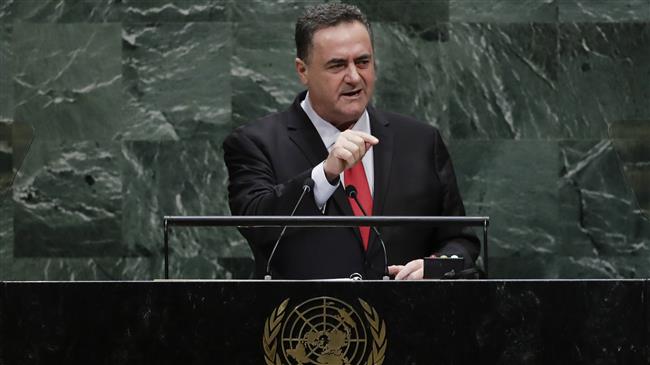

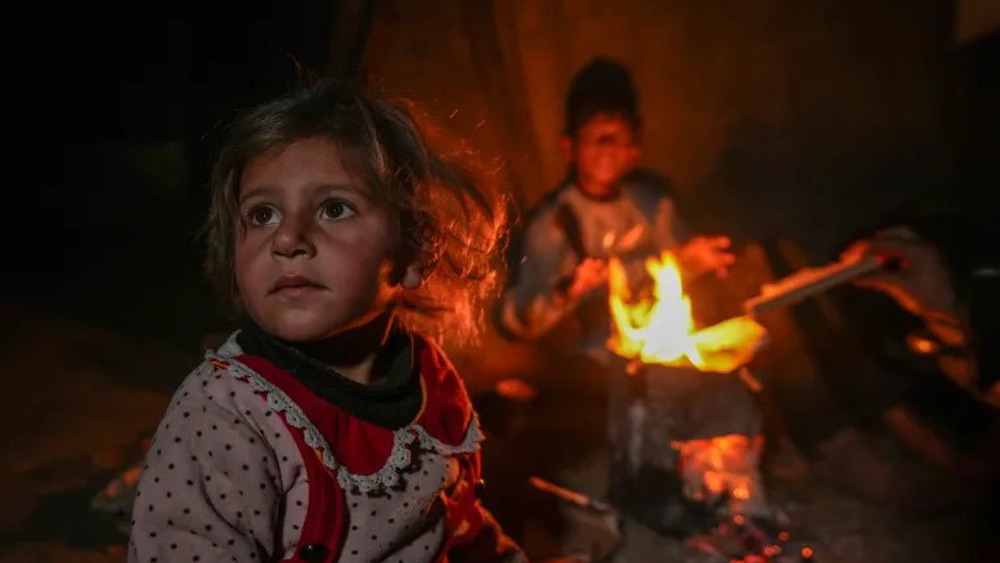
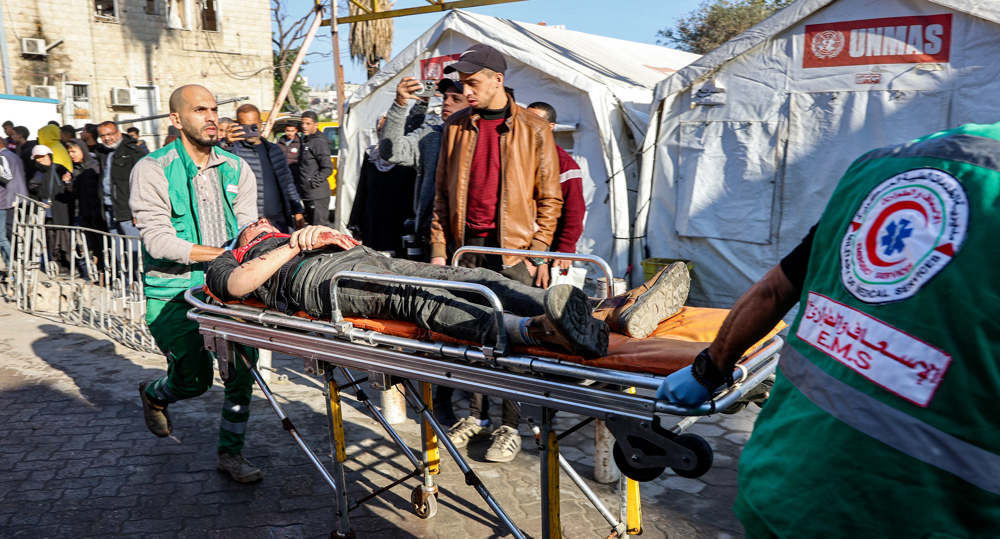




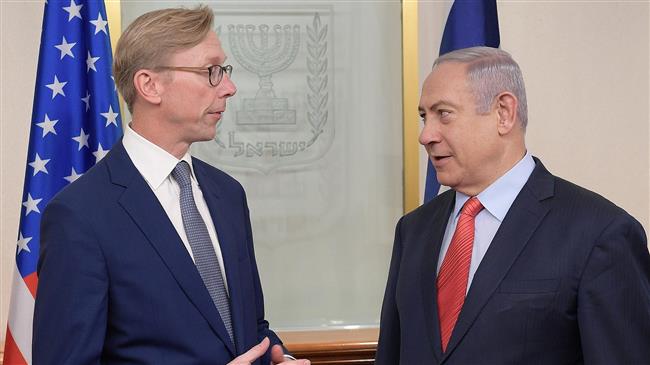



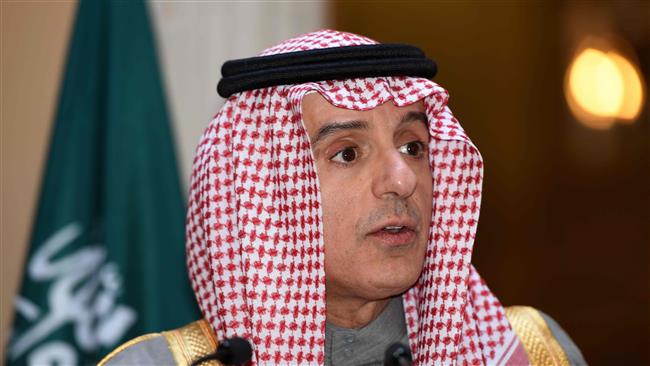

 This makes it easy to access the Press TV website
This makes it easy to access the Press TV website